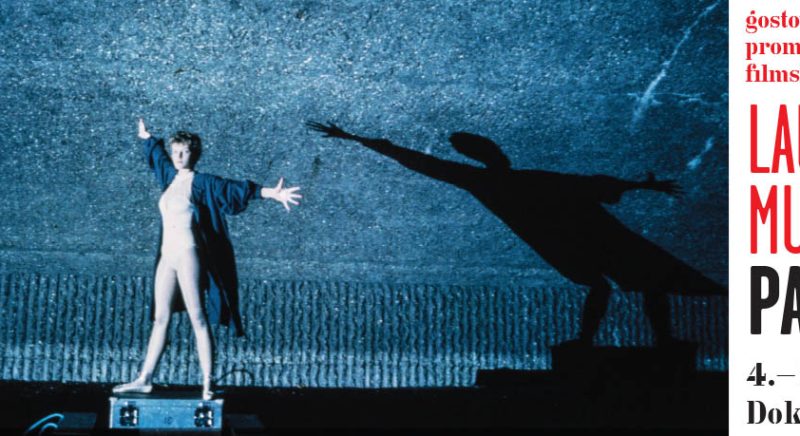
Eight Postcards from Utopia is a found-footage documentary assembled exclusively out of post-socialist Romanian advertisements. In bringing together these documents of Romania’s long transition period, they are made to speak about life, love and death, about the body and human frailty, about nature and the supernatural, about recent history, and, of course, about socialism and capitalism.
The film’s structure is episodic, split into short chapters, each focusing on a specific aspect of the advertised utopian world. The first chapter retells the national history from its origins to the present by using its depictions in post-socialist advertisements. The second chapter is devoted to money, the lifeblood of capitalist economy, but also an ever-present object of fascination in advertisements. The third chapter assembles images of labs, scientists and scientific explanations from ads in order to lay bare the advertisements’ pretence at rationality. The fourth chapter explores the advertisements’ infatuation with the supernatural. The fifth chapter follows a human biography, from birth to death as depicted in ads. The sixth chapter is devoted to the language games of advertisements, while the seventh chapter deals with their body language and their gestures. The eight chapter deals with representations of gender and their mutual relationship in ads. And the concluding epilogue uses images of nature from commercials to voice ecological concerns and reflect on the impeding apocalypse.
Awards and Festivals:
Locarno Film Festival (2024) – world premiere; IDFA (2024) – IDFA ReFrame Award for Creative Use of Archive
Radu Jude is a Romanian director and screenwriter who studied film in Bucharest and began his career as an assistant director. A member of the second generation of Romania’s New Wave, his short The Tube with a Hat (2006) won over 50 international awards. His debut feature, The Happiest Girl in the World (2009), was shown at over 50 international festivals. His acclaimed follow-ups include Bravo!, Scarred Hearts, and Everybody in Our Family, winning multiple awards including the Silver Bear for Directing at Berlinale in 2015, Special Jury Prize in Locarno in 2016, and a European Film Award nomination for Best Screenwriter. His first documentary The Dead Nation premiered in Locarno in 2017. I Do Not Care If We Go Down in History as Barbarians (2018) won the Crystal Globe in Karlovy Vary. Recent titles include Uppercase Print (2020), Bad Luck Banging or Loony Porn (Berlinale 2021 – Golden Bear), and Do Not Expect Too Much from the End of the World (Locarno 2023 – Silver Leopard).
Christian Ferencz-Flatz is a philosopher, currently affiliated as a researcher at the Alexandru Dragomir Insititute for Philosophy in Bucharest. He teaches at the National University of Theatre and Film in Bucharest. His research concerns phenomenology, critical theory, the philosophy of history, film- and media philosophy. With Julian Hanich, he edited the journal issue Studia Phaenomenologica XVI: Film and Phenomenology (2016). His latest monographs include: Critical Theory and Phenomenology. Polemics, Appropriations, Perspectives (Springer, 2023) and Filmul ca situație socială / Film as a Social Situation (Tact, 2018). He published numerous essays and research articles in philosophical and film scholarly journals and translated into Romanian key theoretical works by Edmund Husserl, Martin Heidegger, Walter Benjamin, Theodor W. Adorno and Siegfried Kracauer. He is currently developing a research project devoted to post-socialist advertising.























